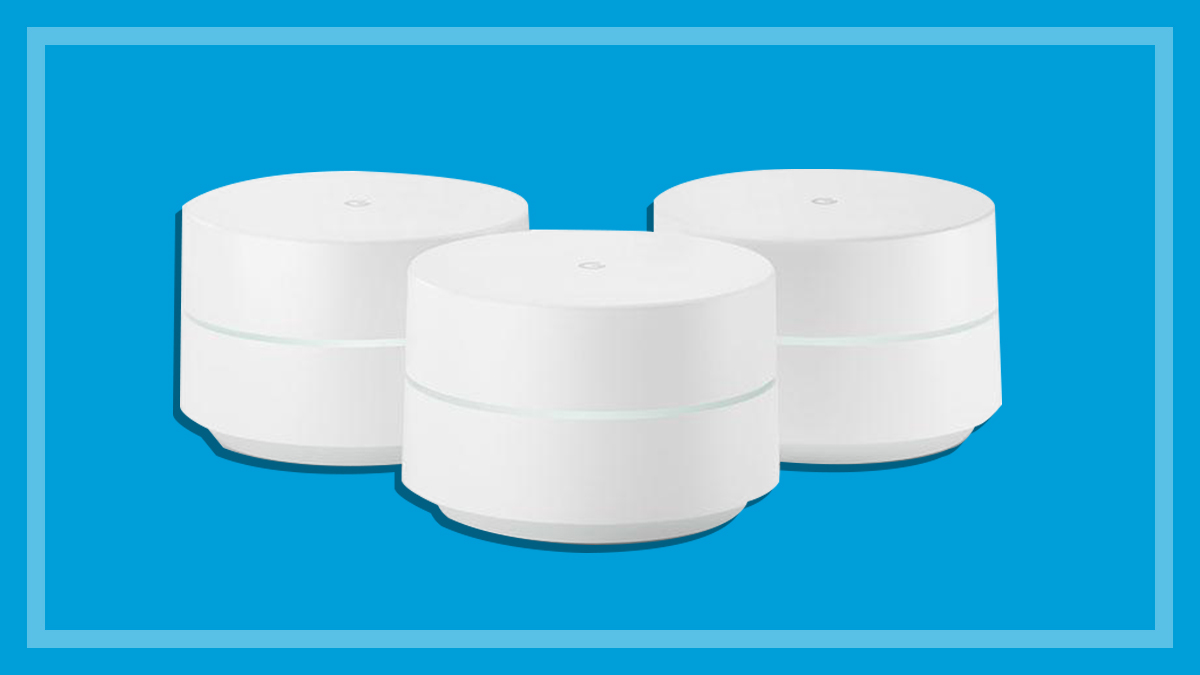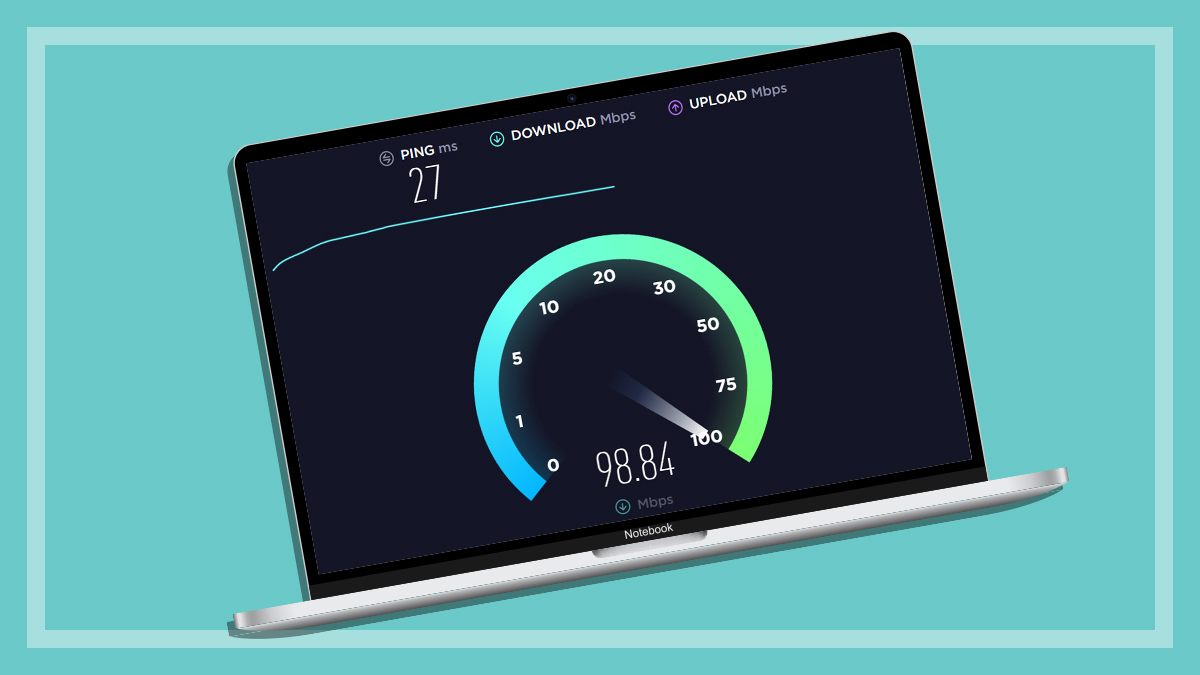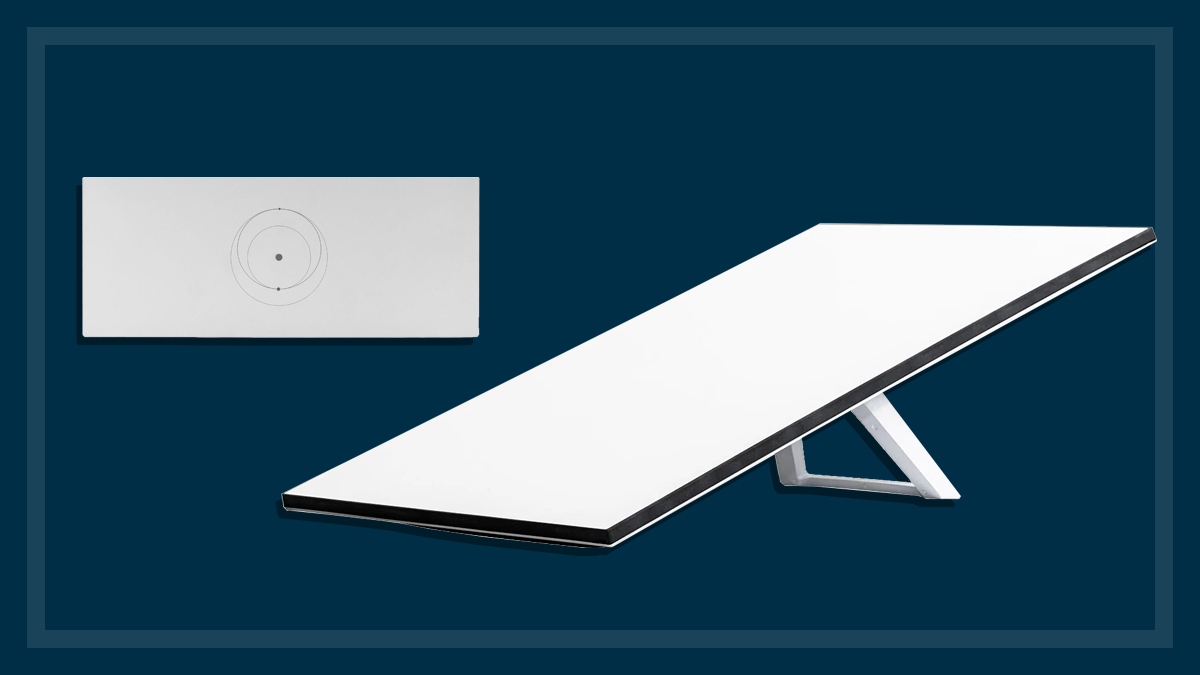Get our independent lab tests, expert reviews and honest advice.
How to fix Wi-Fi black spots around your home

Internet dead spots incite a certain kind of annoyance, ranging from mild frustration that you can’t refresh your Twitter feed, through to blind panic that you won’t be able to submit that important contract on time to get paid.
To fix Wi-Fi black spots in your home, you’re probably going to need one of two solutions: a wireless mesh router system, or a Wi-Fi extender. But how do you know which one is best for your situation?
CHOICE’s tech experts break it down for you.
Wi-Fi router placement
First things first: Is your Wi-Fi router in the best place? You don’t want to go out and blow a load of cash only to discover that you could’ve solved the problem just by moving your router.
Run through our list of Wi-Fi blockers and dampeners to make sure your router is in the best location: Finding the best place for your Wi-Fi router.
After that, is your Wi-Fi is still patchy? Read on.
What even is a mesh router system? And what’s a Wi-Fi extender?
Let’s start with the basics. Wi-Fi extenders and mesh router systems do much the same thing, just in slightly different ways.
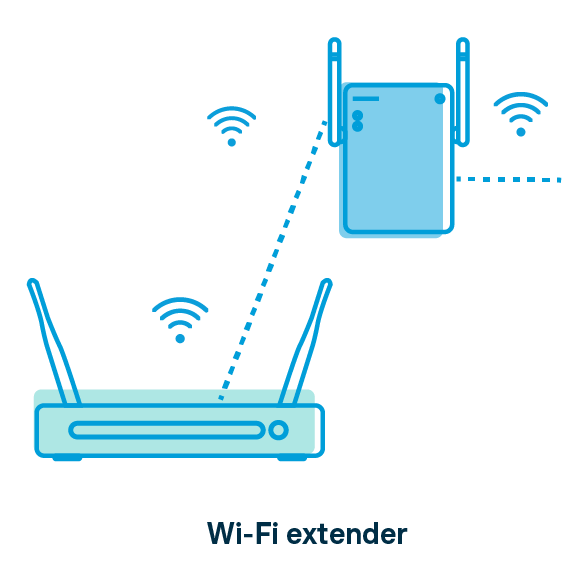
Wi-Fi extender
This pretty much does what it says on the tin: extends your Wi-Fi. Wi-Fi extenders pick up and pass on a Wi-Fi signal so it reaches further than it normally would.
This single-product solution often looks like a plug-in night light on steroids, so you can try it out wherever you have a spare power point. It’s a cheaper option than a mesh network, so it could be the best solution to your Wi-Fi woes if you’re on a tight budget.
The only downside is that Wi-Fi extenders often behave like a separate network, so your device has to switch from your main Wi-Fi to the extender (with a separate username and password) each time you move in and out of the appropriate Wi-Fi area, which can lead to a drop in performance for your device. (Not to mention that it’s a massive pain.)
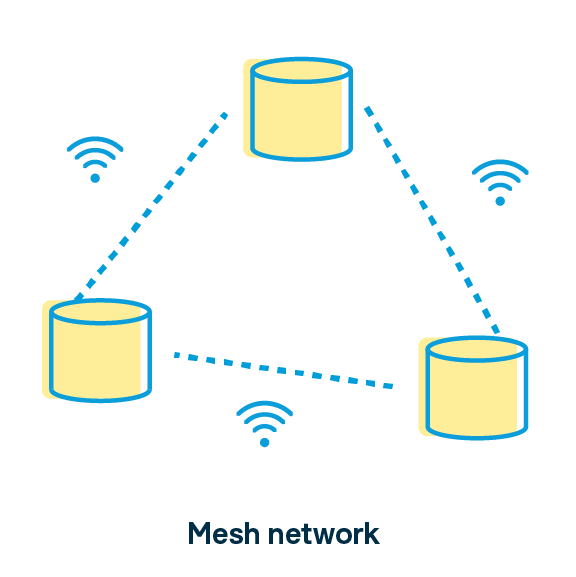
Wireless mesh network
In essence, this is a bunch of (one or more) Wi-Fi extenders that use the same network name and password, so you don’t need to switch. Each mesh device connects to every other mesh device in the network, rather than just back to the main router like Wi-Fi extenders do.
A wireless mesh network effectively creates a larger Wi-Fi footprint than a single router or a router plus Wi-Fi extender. Your device basically thinks you have a massive Wi-Fi area.
Wi-Fi black spots
What device do you need?
Wi-Fi range extender
Best for:
Small houses
Single storey
Few users
One black spot
Wireless mesh network
Best for:
Large houses
Multiple stories
Thick walls
Multiple users
Multiple black spots
Do I need a Wi-Fi extender or a mesh network?
Which device you need really depends on your home and the way you use your Wi-Fi, and your budget.
Wi-Fi extender
These are most suitable for:
- small houses
- single-storey houses
- few users
- one Wi-Fi black spot
- people on a tight budget.
“A WiFi extender is the cheapest way to widen your Wi-Fi footprint, with an extender starting at under $100 for a unit. This should help extend your existing Wi-Fi signal further into your house,” says Denis Gallagher, CHOICE’s digital home expert.
“From there, you can spend anything up to $300 which potentially gives you faster data speeds and more antennas to help capture weaker signals for wider coverage.”
For everything you need to know about routers and extenders, read our article on how to find the best wireless extender.
Wireless mesh network
These are most suitable for:
- large houses with multiple stories
- old houses with thick walls
- multiple users
- many Wi-Fi black spots.
“A wireless mesh system starts at around $240 for a single router and you can add several nodes (also known as satellites) throughout your home to get a Wi-Fi area that will cover the largest property,” Denis says.
“Generally you need at least a router and a satellite unit to get started, but you may need three or more satellite units, so expect to pay from $270 up to almost $1000 for a large property with multiple floors.”
Want to know more about wireless mesh networks? Our wireless mesh network buying guide has all the info you’ll need.
Why we've partnered with WhistleOut
We've partnered with search engine WhistleOut to help you find and buy the right plan for you. While we make money if you buy through WhistleOut, this doesn't influence our rankings. 100% of the money we make goes straight back into our nonprofit mission.

